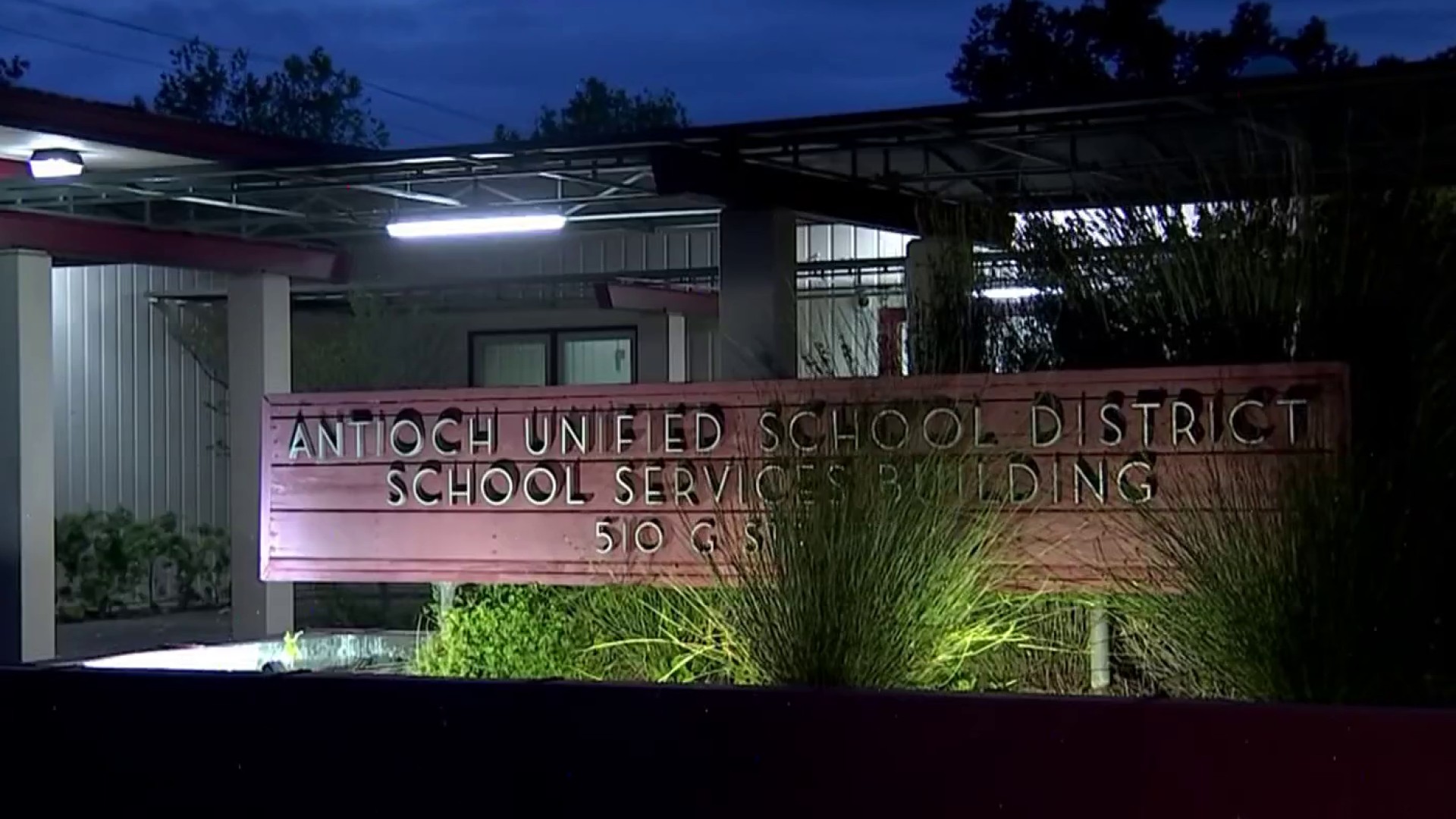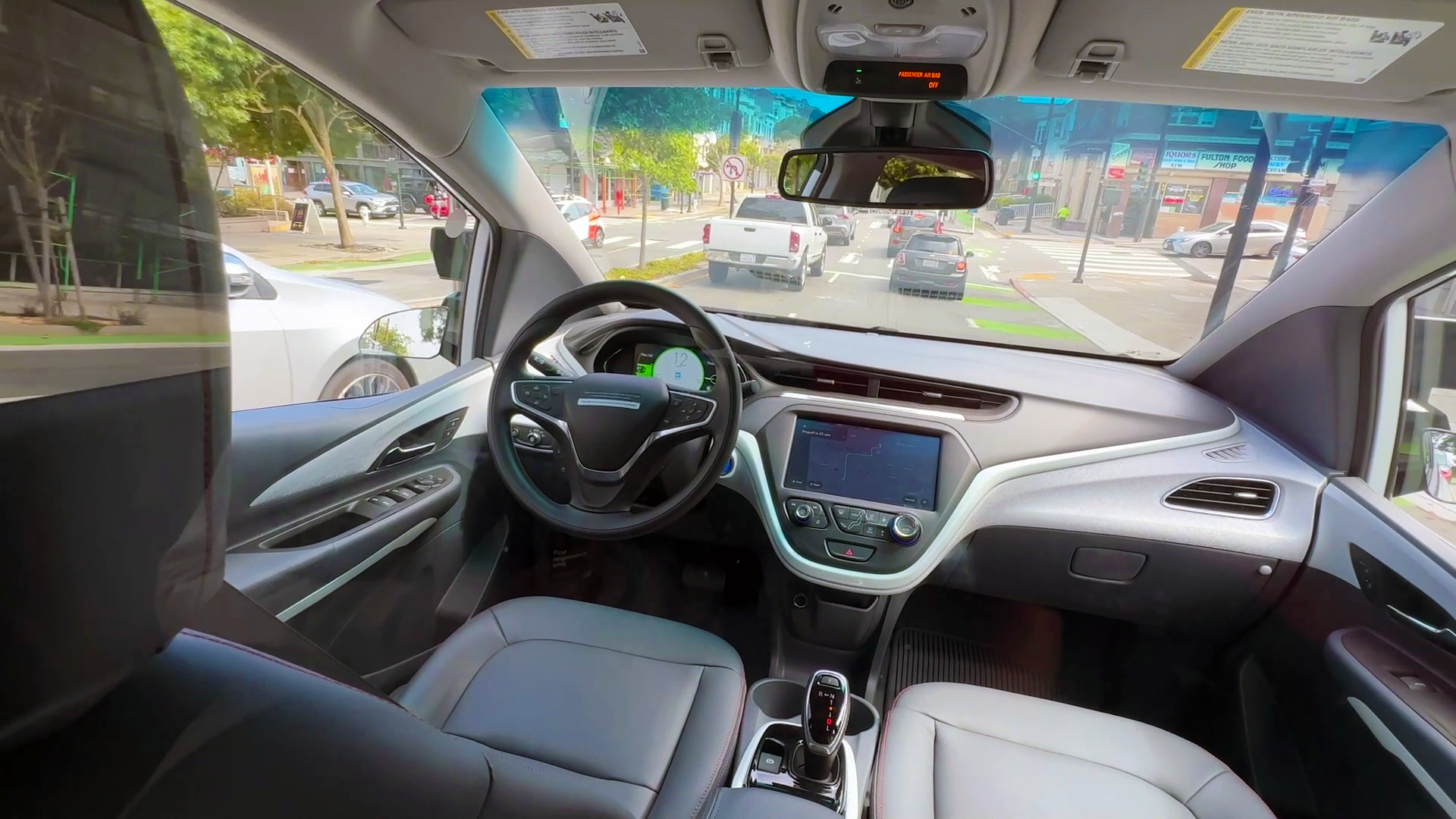Community members gathered at the Mission Wednesday looking for ways to stop the open air drug market in San Francisco.
“It’s just not safe, you don’t feel safe,” said Suzie Melkonia of the Tenderloin, the hardest-hit area in the city. “And there’s a lot of children in the Tenderloin, they have to walk through this every day.”
The meeting is the second in a month for Together SF Action, a civic engagement organization.
“The crisis is also at its worst in the Tenderloin. This is our city’s neighborhood with the highest density of families and children and immigrants and it should not continue to become sort of this open air drug market, which it is,” said Kanishka Cheng of Together SF Action.
Get a weekly recap of the latest San Francisco Bay Area housing news. Sign up for NBC Bay Area’s Housing Deconstructed newsletter.
The organization handed out template letters for people to write to city hall to ask supervisors to pass the police funding budget supplemental.
The organization says that would ensure the police department can retain the current below bare minimum level of staffing required to prevent drug dealing and crime.
They want the Board of Supervisors to pass it by March 14 before the city controller begins to cut overtime shifts.
Local
At the last gathering, Assistant Chief David Lazaar promised to disrupt the corners of drug dealing.
“We’re making a number of arrests. The cases are being charged. We’re seizing a lot of drugs off the streets. So, if you look at January, it’s about 20,000 grams of mostly fentanyl,” said San Francisco Police Department Captain Robert Yick.
Yick said they previously weren’t seizing much.
Together SF Action says law enforcement is a necessary part of the solution.
Successful models they’ve looked at address four things:
- harm reduction
- recovery
- shelter
- law enforcement
“The key here is that all four of them happen together,” said Cheng. “You cannot just do one without the other.”
But some said that though seeking change, they remain somewhat skeptical.
“One would just have to ask, is it sustainable? But you do see a difference, but can we hold it at that?” said Greg Johnson of the Tenderloin.



